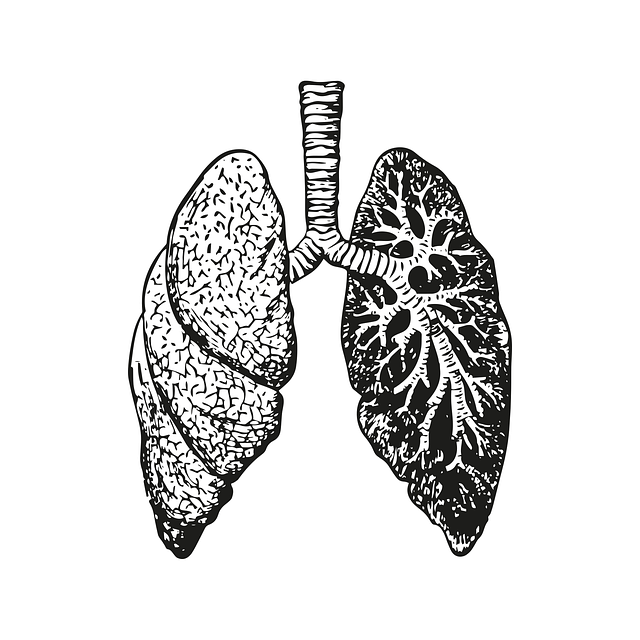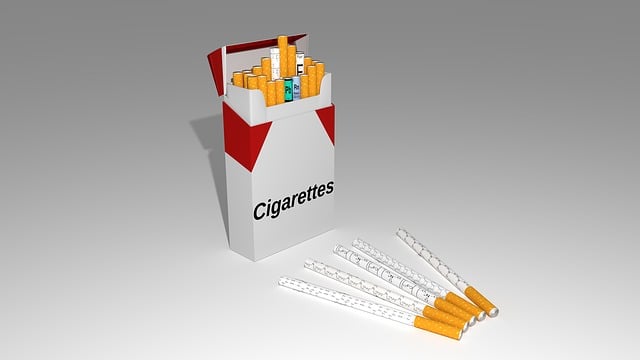Healing from Heartland Behavioral Health involves processing emotions and memories. Support groups and online forums offer safe spaces for expression and learning from peers. Professional therapists provide personalized tools for trauma recovery. Resources like counseling centers and hotlines cater to emotional well-being, with many offering affordable or free access. Peer support groups facilitate open dialogue and community building, while therapeutic modalities address underlying issues and build resilience for long-term recovery.
“After facing challenges at Heartland Behavioral Health, finding the right resources for recovery can be transformative. This article guides survivors through their healing journey, offering insights into understanding their experiences and navigating long-term wellness. From connecting with supportive networks to accessing essential tools, these resources empower individuals on their path to resilience. Discover how to access specialized support, foster meaningful connections, and maintain a lasting commitment to mental health and well-being post-Heartland Behavioral Health.”
- Understanding Your Experience: Resources for Healing
- Support Networks: Connecting with Like-Minded Individuals
- Long-Term Recovery: Tools for Sustained Wellness
Understanding Your Experience: Resources for Healing

After experiencing treatment at Heartland Behavioral Health, understanding your journey and its impact is a crucial step in healing. This process involves acknowledging and processing emotions, memories, and behaviors that emerged during your time there. Many survivors find solace in connecting with like-minded individuals through support groups or online forums dedicated to sharing experiences and coping strategies. These platforms offer a safe space to express feelings, gain different perspectives, and learn from others who have navigated similar paths.
Additionally, seeking professional help can be immensely beneficial. Therapists or counselors specializing in trauma recovery can provide personalized tools for managing any lingering symptoms. Resources like counseling centers, hotlines, or community mental health services often offer affordable or free access to these essential healing modalities. Remember, taking care of your emotional well-being is vital, and there is no one-size-fits-all approach to recovery; thus, exploring various resources tailored to your unique needs is encouraged.
Support Networks: Connecting with Like-Minded Individuals

Connecting with others who have shared experiences can be incredibly beneficial for individuals recovering from behavioral health challenges. Support networks, such as support groups or online communities, offer a safe and non-judgmental space to share stories, gain insights, and find encouragement. For Heartland Behavioral Health survivors, these networks can serve as a powerful tool for healing and growth.
Within these communities, individuals can connect with like-minded people who understand the unique struggles and triumphs of navigating behavioral health issues. Sharing personal experiences, coping strategies, and resources allows survivors to build resilience and foster a sense of belonging. Support groups often facilitate open dialogue, providing a platform for individuals to learn from one another and develop new perspectives on their recovery journey.
Long-Term Recovery: Tools for Sustained Wellness

Many survivors of Heartland Behavioral Health seek long-term recovery solutions to maintain their wellness over time. This journey requires a comprehensive approach, focusing on mental health and personal growth. One effective tool is peer support groups where individuals can connect, share experiences, and offer encouragement. These groups provide a safe space for open dialogue, fostering a sense of community and understanding among those with similar backgrounds.
Additionally, creating personalized recovery plans is vital. This involves setting achievable goals, practicing self-care, and adopting healthy coping mechanisms. Survivors should explore various therapeutic modalities, such as cognitive-behavioral therapy or mindfulness practices, to address underlying issues and develop resilience. With dedication and access to the right resources, long-term recovery from Heartland Behavioral Health is not only possible but also a transformative experience.
For those who have experienced Heartland Behavioral Health, finding the right resources for healing and recovery is a crucial step towards rebuilding their lives. By understanding one’s experience, connecting with supportive networks, and adopting long-term strategies for wellness, individuals can navigate their journey to recovery effectively. These resources empower survivors to take control of their mental health and foster a brighter future.
